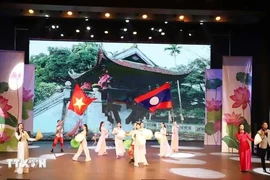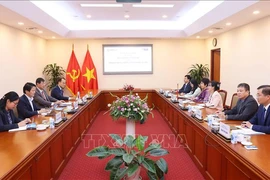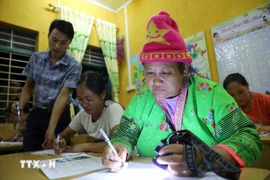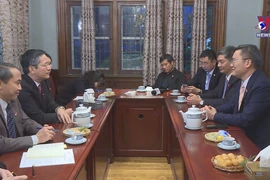On July 21, 1954, after 75 days of tense and complex negotiations, the Geneva Accords were signed, marking the first major international conference involving all five permanent members of the UN Security Council. Under the Accords, all foreign troops and weapons were required to withdraw from Vietnam. North Vietnam, from the 17th parallel northwards, was completely liberated, creating conditions for peaceful development and serving as a strategic base for the ongoing resistance aimed at national unification.
The Geneva Accords were the first multilateral international treaty that Vietnam participated in negotiating, signing and implementing. It not only affirmed its independent and sovereign status in the international arena but also significantly advanced its revolutionary diplomacy, yielding valuable lessons and shaping many distinguished diplomats in the era of Ho Chi Minh.
Seventy years after signing the Geneva Accords, Vietnam is dynamically-growing and deeply-integrated internationally, enjoying significant global stature. The lessons from the Accords’ negotiation, signing, and implementation are still relevant today, particularly in shaping a modern, comprehensive diplomatic corps reflective of Vietnam’s unique “bamboo” identity./.



















